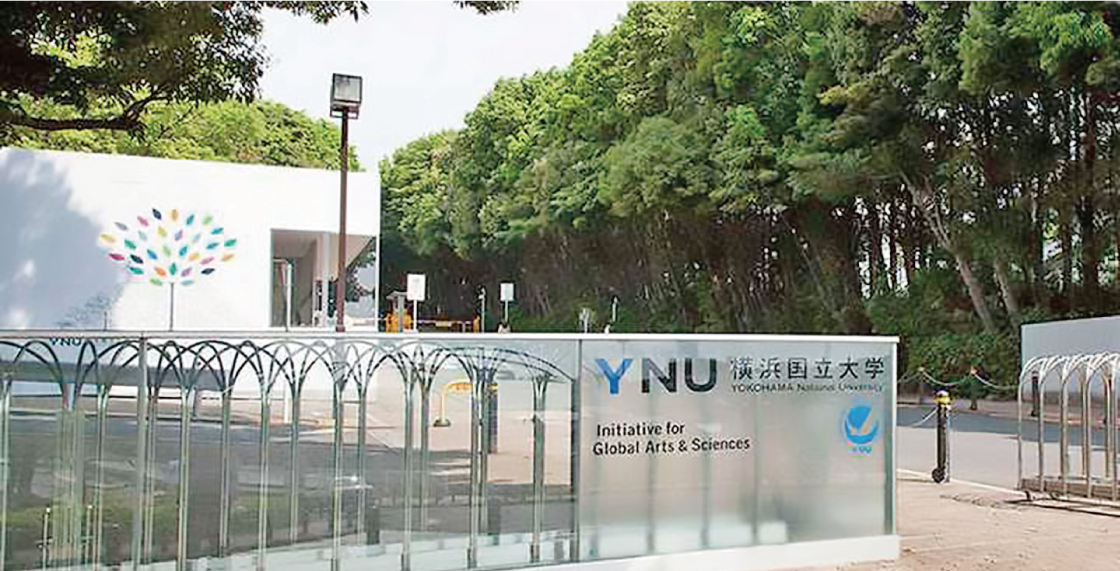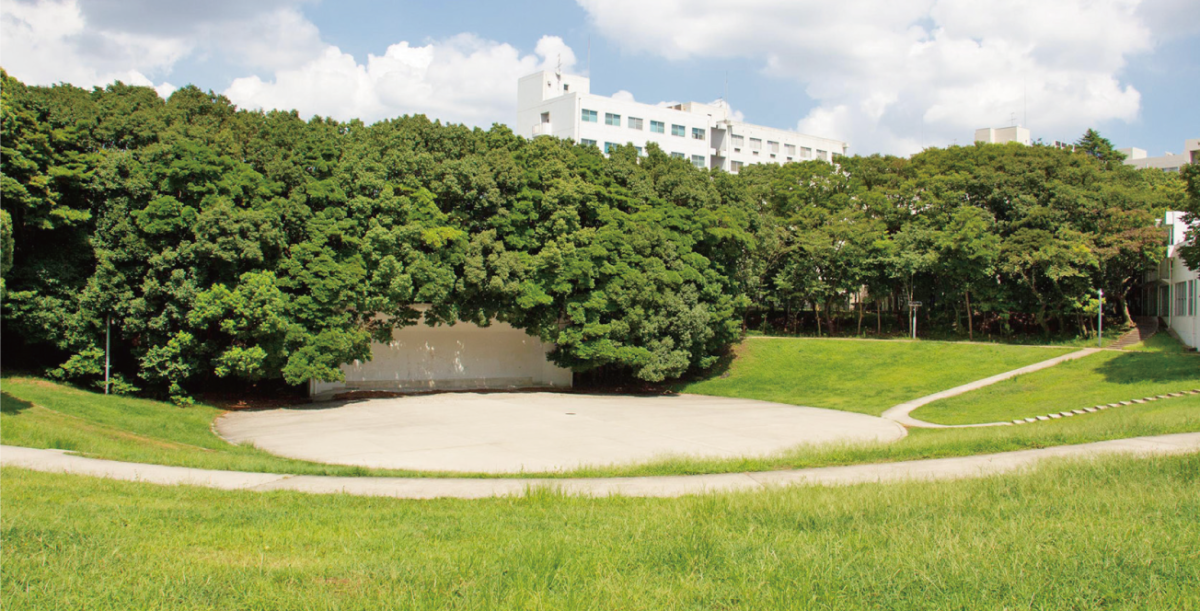Accelerate your own educational reform

Under the current university entrance examination system, as a university located in the Tokyo metropolitan area and maintaining a large number of students in the latter half of the year, how to motivate enrolled students to study, in other words, how to improve their educational ability. Is a long-standing challenge.At our university, we have investigated the correlation between the grades of entrance examinations and the grades at the time of enrollment for students enrolled in the first and second semesters.What is clear here is that how well you study after enrollment affects your grades at the time of graduation.It's only natural that there are many students who are well-versed and have acquired basic academic ability.Therefore, we have been accelerating educational reform for about 10 years, including the introduction of career education [see the column below].Now that it is highly evaluated by companies (* 1), if you calmly look at the exit, you will be proud that you will be second to none in the most difficult schools.
The subjects after enrollment are also devised.My specialty is physics, but for many students it may be difficult to see what is useful in society.This is in sharp contrast to the mechanical system that you can grasp.Therefore, from the beginning of the year, under the name of "Physics Science and Advanced Technology", we invite engineers from companies as outside lecturers to give lectures on how useful it is to learn physics after joining the company.It's an era when you can't just do physics because you've entered physics.In addition, in tie-up with Kanagawa Prefecture, "Kanagawa Mirai" by the staff of the prefecture is held 15 times in half a year for all faculties.
We are also increasing the number of classes that we research and present, such as PBL (Project based learning).All of these are steady efforts by department, but these efforts are gradually paying off.
I would like to add two new policies and promote the integration of knowledge.
There are two new policies that were set when the president took office.One is to demonstrate its strength as a "small university". Why do you have 10,000 students in 2 faculties and XNUMX graduate schools?You may think that this university is a university that was formed by a group of three vocational schools, teaching profession, industrial, and commercial, after the war * XNUMX, and does not cover literature and medicine.In other words, it is different from a large-scale university.
Therefore, I think that we should seek out things that are not our own, that is, we should devote ourselves to cooperation with other universities. Now that "open science" and "open innovation" * 3 are the keywords, isn't it a great opportunity?We are particularly focusing on medical-engineering collaboration.The Faculty of Science and Engineering will also set up a "Minor Program (Medical Engineering)".Today's medical care would not be possible without the machines provided by industry.I think this is where the industrial system of our university, which has a tradition of 100 years, comes into play.

The second policy is to strengthen cooperation with the local community.Our university is located in Yokohama City and Kanagawa Prefecture, but in the future we would like to further strengthen our awareness of its strengths.Since the incorporation (* 4), many local national universities (as they call it because of their distance from Tokyo) have made tearful efforts to survive and strengthen cooperation with the local community.In the case of our university, it is difficult to imagine a rural area in the metropolitan area, so we must raise awareness and further strengthen our efforts.
Since Governor Kazuji Nagasu, Kanagawa Prefecture has been making advanced efforts such as opening KSP (Science Park) and KISTEC (Kanagawa Prefectural Institute of Industrial Technology) in science and technology policy, so the merit of cooperation is big.Kanagawa local cooperation has the potential to lead to the world.
On the other hand, Kanagawa Prefecture has three ordinance-designated cities, Yokohama, Kawasaki, and Sagamihara, as well as areas suffering from depopulation and aging in the Miura Peninsula and the west of the prefecture.The scale is large and the challenges faced are various, and in a sense it can be said to be a microcosm of Japan.How will we commit our education and research to the characteristics of the region, which can be said to be advanced?Keeping track of it should lead to committing to Japan and the world.
Of course, I would like to cooperate firmly with the municipality of Yokohama.Until now, there have been various collaborations among faculty members, but the university as a whole wants to strengthen it.While respecting the national university's principle of guaranteeing basic research in the national district as before, I would like to work on regional cooperation with a small turn in a well-balanced manner.
* 3 Refers to the efforts of universities and companies for scientific research and innovation that are carried out in collaboration with others, not alone, with the aim of achieving greater results.
* 4 Since April 2004, national universities, which had been under the direct control of the Ministry of Education, Culture, Sports, Science and Technology, have each changed to independent university corporations.
